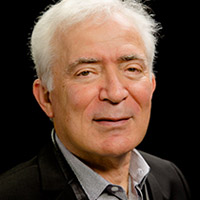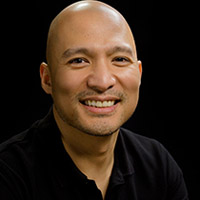IRS Is Carefully Watching Bitcoin and Other Cyber Currency

Big Brother is watching. Always watching. In this case, Big Brother is the IRS and you might be surprised what they’re looking into now. Although, when it comes to the IRS, nothing should surprise us.
Have you ever heard of Bitcoin? It’s one of a handful of virtual currencies that making buying and selling things in the digital age much easier. Essentially, virtual currencies are exactly that: virtual. They are not tangible, their value can fluctuate constantly and they only exist in cyberspace. But that’s not stopping the IRS from taking a closer look at how it can regulate them.
That’s because it appears that virtual currencies could be a new way for tax evaders to hide money “overseas.” Simply put, virtual currencies, like Bitcoin, offer secrecy with no trail to follow. That’s why the IRS has created a team of special agents to focus on tracking these virtual currencies. So if you’re trying to hide money through Bitcoin, beware.
To use Bitcoin you have to have a virtual wallet, as well as public addresses and private keys. What many people who use Bitcoin don’t know is that every transaction they make with Bitcoin is added to a record book known as a block chain. That means to review these transactions the IRS only has to access the block chain. It then follows that chain back to the public address that was used for the original Bitcoin transaction. The IRS then uses whatever measures it takes to link the address to the identity of the user.
That means using these virtual currencies may not actually be as secretive as users thought they were. So if you’re using one or more of these types of currencies, then as always beware of the taxman.
Building a Jewelry Company | Stephen Silver
About Stephen Silver Stephen Silver Fine Jewelry is considered one of the United States’ premier jewelry houses. Founder, Stephen Silver, is a gemologist, artist, and philanthropist. Toronto born, Stephen moved to the San Francisco Bay Area as a teenager. Intrigued by science and minerals from a young age, Silver studied geology at San Diego…
Rising from Rubble to Build an Empire | Jerry Brenholtz
About Jerry Brenholtz Jerry Brenholz co-founded ATR International, Inc. in 1988. He has been instrumental in developing ATR into an important provider of contract staffing for Information Technology. In his current role, he is responsible for establishing a corporate-wide vision and defining strategic direction. Prior to ATR, Jerry held various technical positions with General…
Serial Entrepreneur | Aldo Carrascoso
About Aldo Carrascoso Aldo Carrascosois the Founder and COO / CTO of Veem, a company that utilizes Blockchain to allow individuals to make cross border payments in local currencies. The company was conceptualized by Aldo when learned that individuals making cross border payments were having to pay up to 25% of the transfer amount…
Turning Tragedy into Positive Experiences | Gerald Carroll
About Gerald Carroll Gerald Carroll is a partner with Burnham Brown law firm in their Oakland office. He specializes in Construction and Professional Liability Law. Prior to coming to Burnham Brown, Jerry along with his partner ran their own law practice, Hartman and Carroll for 20 years. Jerry graduated with honors in English from…




